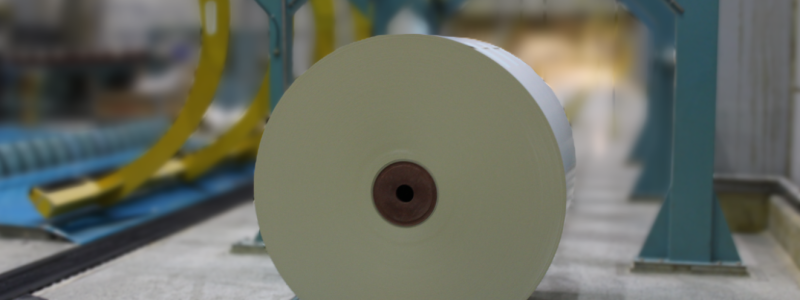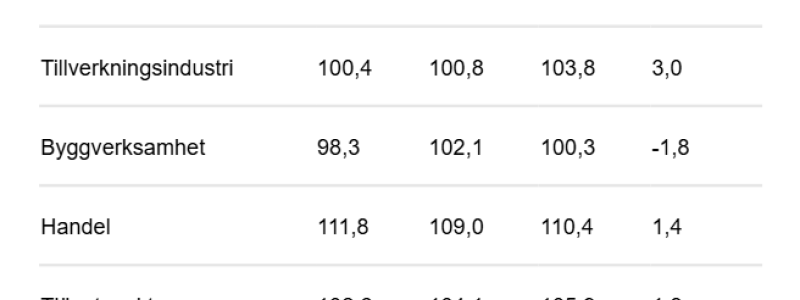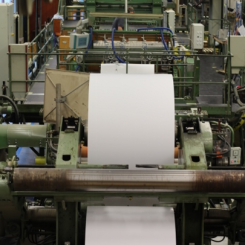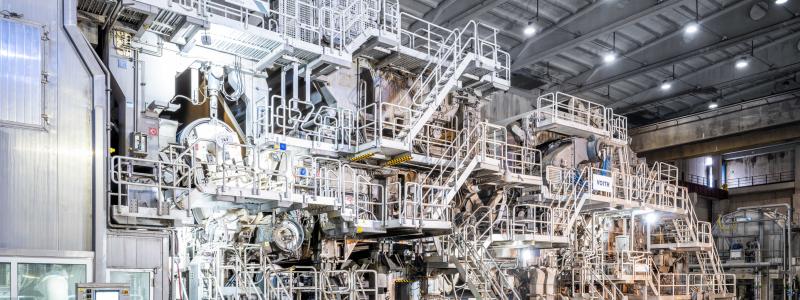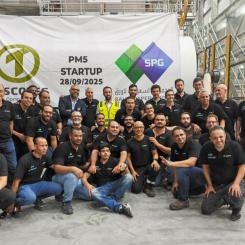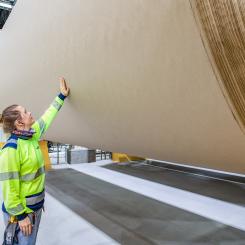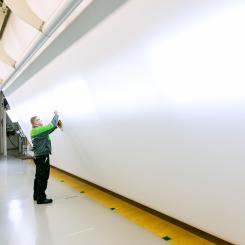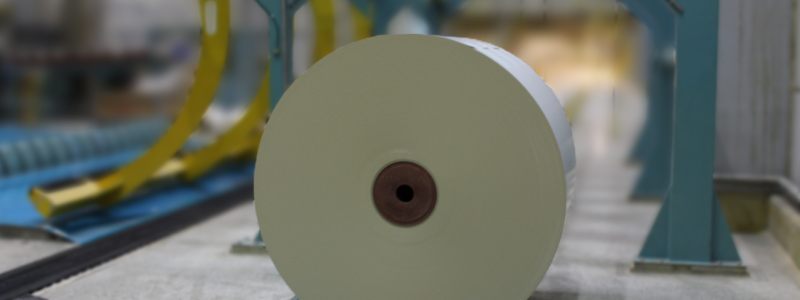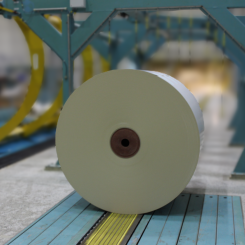The paper mill Frohnleiten in Styria, Austria, has to be closed-down in the course of the next year. This was communicated to its staff today by the owner’s company management, the W. Hamburger GmbH, in the course of a works meeting. After taking over the plant in the year 2010, W. Hamburger GmbH tried everything to achieve economic efficiency of the paper mill by means of synergies with the Hamburger plant in Pitten/Lower Austria, as well as through investments and reorganisation. Due to over-capacities on the European paper market and the intensified international competitive context, the company did not succeed in breaking the 15-months lasting period of loss in Frohnleiten. Closing down the paper machine is planned on 30 April, 2013. For the 100 employees of the plant, a comprehensive social-compensation plan with a work foundation will be elaborated.
“Being obliged to close-down a traditional company like Frohnleiten, in which generations have been employed, and which, as an important employer, has revitalised and helped to form the region, is a very difficult task for us”, explains Harald Ganster, managing director of W. Hamburger GmbH today, after the employees had been informed that the machines definitely will have to be turned off in six month. “We will of course be committed to our employees in the course of the plant closure, in order to make the change into a new period of their life easier.” A social-compensation plan with a work foundation will be negotiated within the next weeks with the workers’ council.
The main reason for this close down is the intensified international competitive context due to over-capacities, mainly on the European market. The specific equipment in Frohnleiten with a total capacity of 170,000 tons, produced on two small paper machines with only 2.5 m working width, is not able to compensate long term cost disadvantages on the market. In Great Britain and Poland, two new paper machines with a capacity of 450,000 tonnes, respectively, and a working width of 7.5 m, go into operation within a few months. Moreover, the current situation in the business sector does not give reason to expect a turnaround:
Overseas markets cannot be supplied cost-effectively because of the euro-/dollar-exchange rate. The same applies to exports to Russia and Turkey.
“We have fought for two years – by means of investments, product innovations and a reorganisation of the plant. After an extensive analysis of all options we now had to realize that closing down the plant due to market development, with a comprehensive cushioning of social hardship for our employees, is the only realistic step“, says Harald Ganster.








